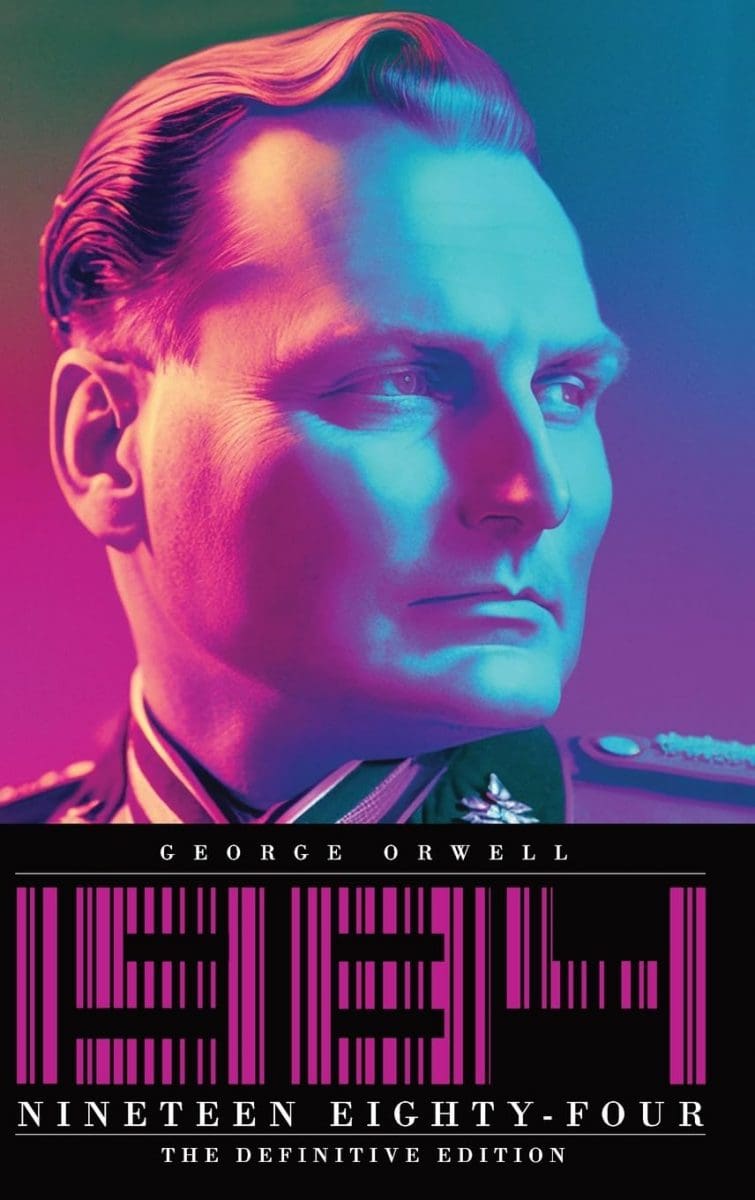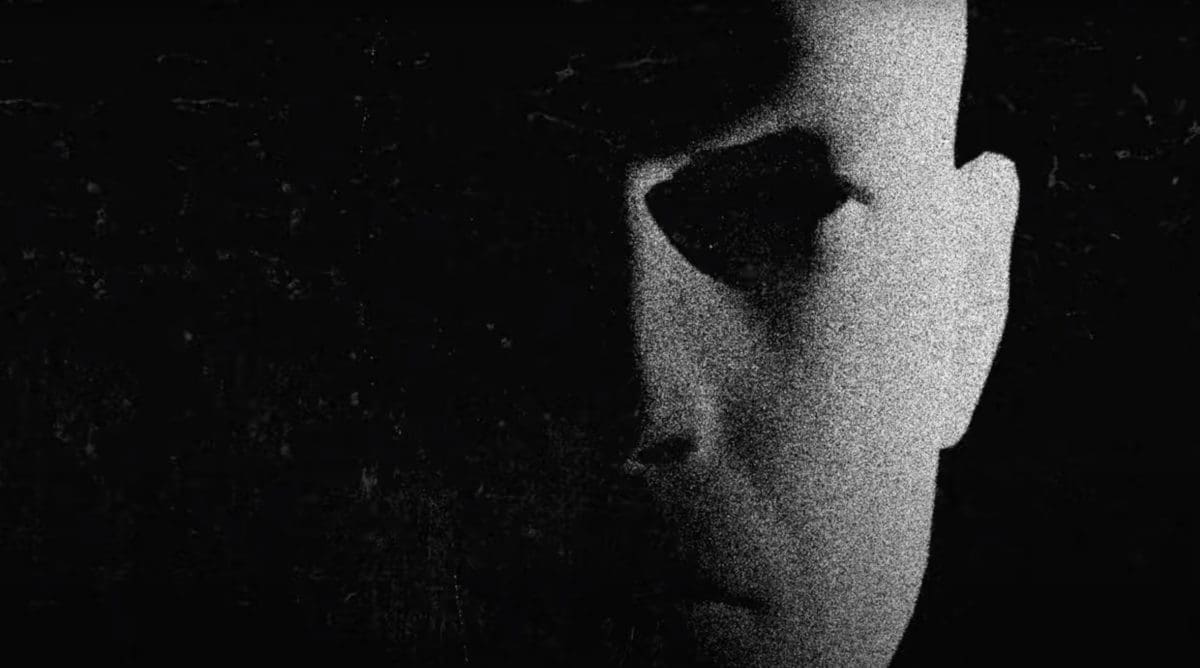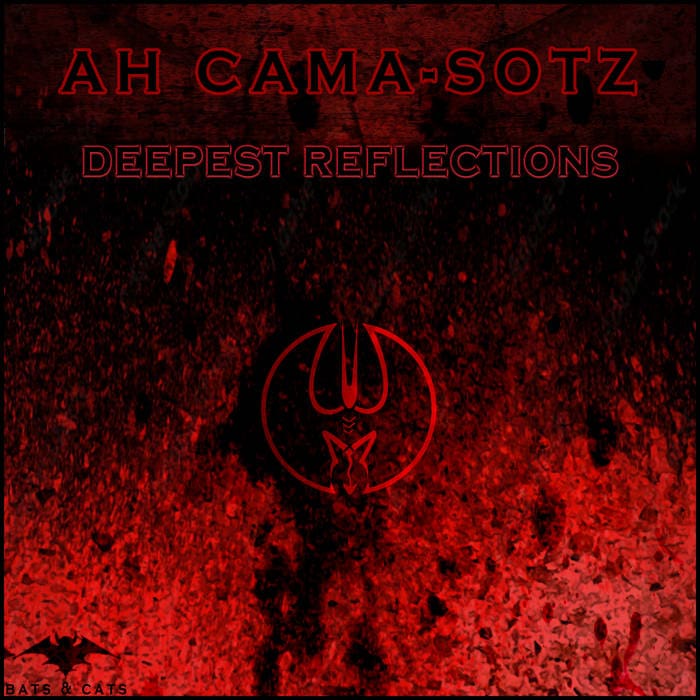David Thrussell writes introduction to ‘1984: The Definitive Edition’ – Out now

David Thrussell writes introduction to '1984: The Definitive Edition'
Published in conjunction with David Major and A Distant Mirror, a new edition of George Orwell’s landmark novel “Nineteen Eighty-Four” (also known as “1984”) is now available in both hardcover and paperback formats.
Completed in 1948 and first published in mid-1949, “1984” was immediately recognized for its scathing satire of malignant bureaucracy and totalitarian overreach. Part cautionary warning and part pitch-black absurdist autobiography, Orwell’s gritty alarm now rings more relevant than ever.
This edition is the most comprehensive, accurate, and relevant available. It features the full, uncensored, and unabridged 1949 text, a Foreword by “1984” (the film) co-producer Al Clark, and a comprehensive, illustrated introduction by David Thrussell. The introduction situates the book within Orwell’s personal circumstances and the broader political and social framework. An afterword by Irish writer and philosopher Richard K. Moore, along with other key texts and notable additions, enrich this edition.
The artwork and design are by Richard Grant/I+T=R.
Historical Context of ‘1984’
“1984” was written in the aftermath of World War II, during a time of great political upheaval. Orwell, having witnessed the rise of totalitarian regimes in Nazi Germany and Stalinist Russia, was deeply concerned about the potential for oppressive governments to emerge in the post-war world. His novel reflects these anxieties, presenting a dystopian future where the state exerts total control over every aspect of life.
Orwell wrote “1984” while suffering from tuberculosis, which contributed to the bleak tone of the novel. His personal experiences with illness, poverty, and political disillusionment heavily influenced the narrative. Orwell’s time fighting in the Spanish Civil War and his observations of totalitarian regimes deeply informed his portrayal of the oppressive government in “1984”.
The novel explores themes of surveillance, censorship, propaganda, and the manipulation of truth—all of which remain relevant in today’s digital age. The concepts of “Big Brother,” “doublethink,” and “thoughtcrime” have entered the cultural lexicon, illustrating the enduring impact of Orwell’s work on contemporary discussions about privacy, freedom, and state power.
“1984” is not only a work of fiction but also a profound commentary on the nature of power and control. It has been widely studied and analyzed for its themes, literary style, and political implications. The novel’s stark portrayal of a dystopian future continues to resonate with readers and serves as a powerful warning against the dangers of totalitarianism.
About David Thrussell
David Thrussell is an Australian musician and composer known for his work in various electronic music genres. He is the founding member of the dark ambient and industrial bands Snog, Soma (with Pieter Bourke), and Black Lung. In his work Thrussell is often exploring themes related to conspiracy theories and esoteric subjects.
Thrussell’s career spans several decades, beginning in the late 1980s and his projects have consistently pushed the boundaries of electronic music, blending elements of industrial dance, original scores, and soundtracks. His work under the Black Lung moniker, in particular, delves into thematic explorations of conspiracies, with albums featuring titles and liner notes that reference documents and theories related to the New World Order and mind control technologies.
In addition to his musical endeavors, Thrussell has also been involved in film scores, with contributions to soundtracks such as “Wolf Creek” (2005) and “The Year of the Golf Ball” (2012). His discography includes a diverse range of releases, from experimental spoken word albums to cinematic soundscapes.
Since you’re here …
… we have a small favour to ask. More people are reading Side-Line Magazine than ever but advertising revenues across the media are falling fast. Unlike many news organisations, we haven’t put up a paywall – we want to keep our journalism as open as we can - and we refuse to add annoying advertising. So you can see why we need to ask for your help.
Side-Line’s independent journalism takes a lot of time, money and hard work to produce. But we do it because we want to push the artists we like and who are equally fighting to survive.
If everyone who reads our reporting, who likes it, helps fund it, our future would be much more secure. For as little as 5 US$, you can support Side-Line Magazine – and it only takes a minute. Thank you.
The donations are safely powered by Paypal.











